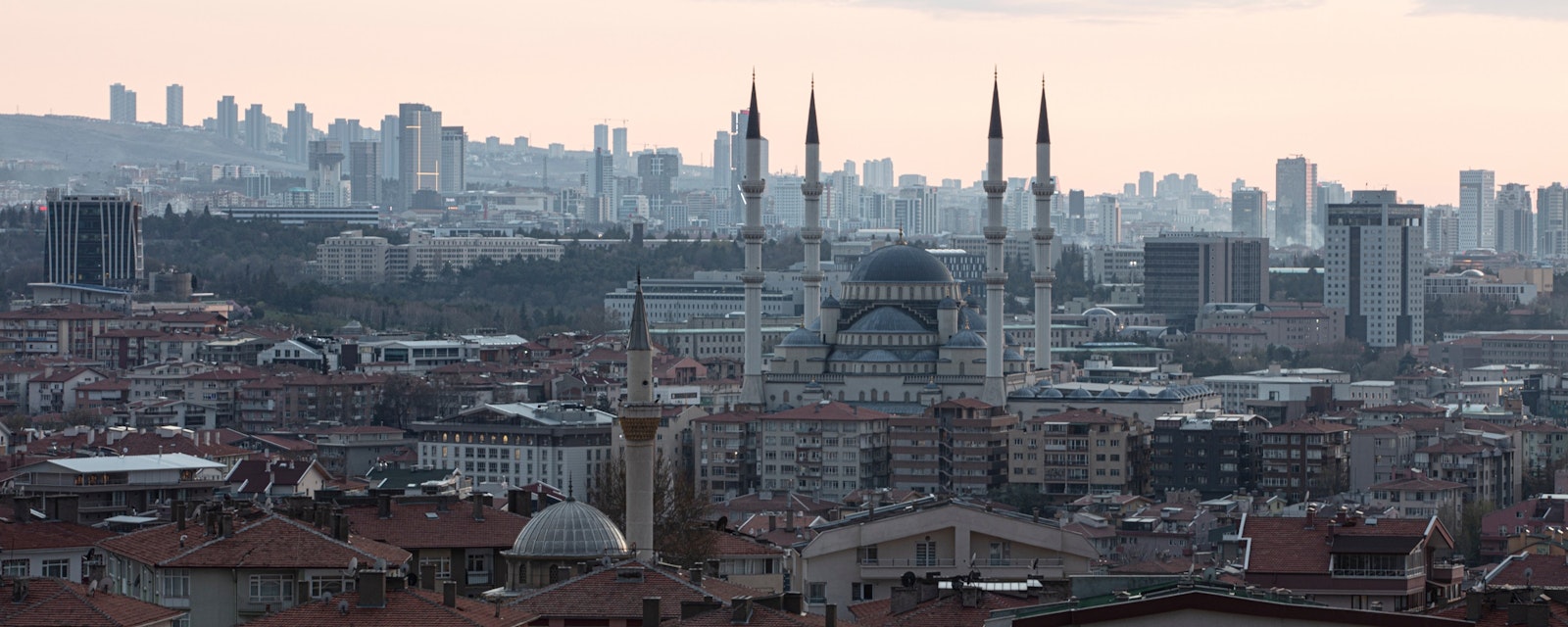Turkish President Recep Tayyip Erdogan looks set to face his challenger Kemal Kilicdaroglu in a runoff vote after neither passed the threshold needed for an outright win in yesterday’s elections. With 99.4% of the ballot boxes scrutinized, Erdogan can count on 49.42% of the votes while Kilicdaroglu is at 44.95%.
Even if he could not win outright on 14 May, the outcome represents a best-case scenario for Erdogan. As indicated earlier, getting to a second round was Erdogan’s main electoral strategy and is now well positioned to prevail in the run-off on 28 May.
Thanks to a much better-than-expected performance by both him and his own People’s Alliance on 14 May, Erdogan enjoys a few significant advantages ahead of the decisive vote.
Erdogan’s alliance secured an absolute majority in Parliament with around 325 seats in the 600-member parliament. His campaign ahead of the runoff vote will be about the threat of a divided government, knowing that most voters in Turkey are traditionally extremely sensitive about political stability issues. This will resonate well with the public as the complex challenges that the country is facing requires an effective governing formula.
The leader of the Justice and Development Party (AKP) managed to be the most voted presidential candidate and did so with a wide margin over his main opponent. The current data indicates that Erdogan got 26.7 million votes, whereas Kilicdaroglu secured 24.4 million votes. As a result, Erdogan has now a clear psychological lead against the opposition.
Kilicdaroglu’s campaign was about winning in the first round, and he failed miserably. And last night he and his main allies looked like bad losers as they claimed repeatedly (even with 98% of the ballot boxes counted) that according to their data Kilicdaroglu was enjoying a strong lead over Erdogan. Despite their claims, the numbers did not change. It is also unclear whether the opposition alliance can recover from the double blow it got last night and regain the momentum lost. In this regard, it is worth noting that Kilicdaroglu’s speech last night was uninspiring and limited to denounce alleged vote counting malpractices.
Moreover, Erdogan is well-positioned to win most of the votes that went to the third presidential candidate, the ultranationalist Sinan Ogan who collected 5.2% of the ballots. During the election campaign, Ogan has been an outspoken critic of Kilicdaroglu, denouncing his tacit alliance with the pro-Kurdish bloc. Erdogan will likely double down on his national security focused narratives over the next two weeks, framing the opposition to be in coalition with the “terrorists.” Erdogan already alluded to this in the speech he gave last night from the AKP headquarters in Ankara.
Finally, the turnout (it was 87.2% on 14 May) is likely to be lower on 28 May, making it easier for Erdogan to prevail in the second round.
Erdogan's Economic Policy Agenda: Continuation of Status Quo
A (likely) victory by Erdogan on 28 May means that the current policy agenda is expected to continue, including on the economic front. The heterodox monetary policy framework sustained by a barrage of macro-prudential measures, moral suasion and other tricks will likely remain in place. A partial (and/or temporary) adjustment would be implemented only if pressure brings financial stability on the brink. As part of this possible adjustment, Erdogan could even appoint individuals in key economic positions who enjoy the trust of the markets but just like in the past, the shelf-life of these “useful idiots” will depend on Erdogan’s whims.




